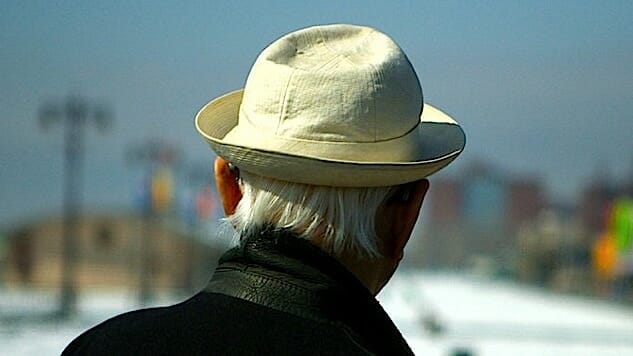Norman Lear: Just Another Version of You
2016 Sundance review

Even in his 90s, television writer and producer Norman Lear remains a major creative force, his legacy of groundbreaking sitcoms like All in the Family casting a large shadow over what passes for satire in the current TV landscape. You don’t need Norman Lear: Just Another Version of You to tell you that, and indeed this lively, loving but ultimately underwhelming documentary’s largest limitation is that it doesn’t do enough to dig beneath the surface of a legend. Anybody sympathetic to Lear’s liberal politics or familiar with his artistic track record will be interested throughout, but Lear himself remains a bit out of reach, an icon presented without enough context or insight.
The film was directed by Heidi Ewing and Rachel Grady, who have made two exceptional documentaries in recent years: 2010’s 12th and Delaware and 2012’s Detropia. (They’re probably best known for Jesus Camp, which was nominated for the Best Documentary Oscar in 2007.) Norman Lear is their first nonfiction profile piece, and it suffers from a problem that bedevils plenty of films in the genre: How do you present a life-spanning overview in a way that’s not a formulaic greatest-hits package?
-

-

-

-

-

-

-

-

-

-

-

-

-

-

-

-

-

-

-

-

-

-

-

-

-

-

-

-

-

-

-

-

-

-

-

-

-

-

-

-








































